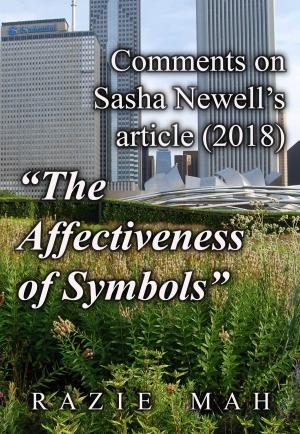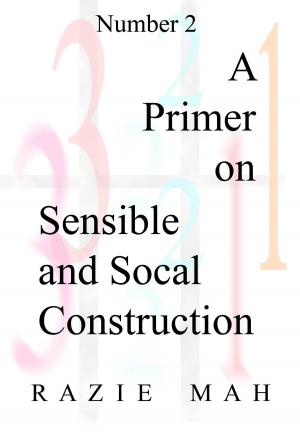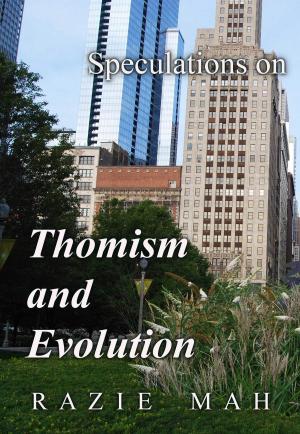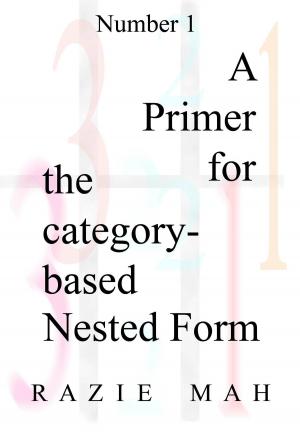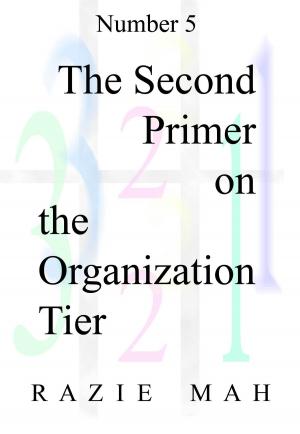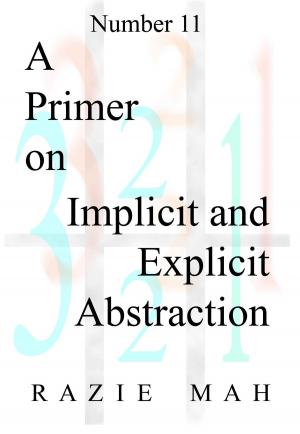Comments on Miguel Espinoza's Essay (2012) "Physics and the Intelligibility of Nature"
Nonfiction, Science & Nature, Science, Other Sciences, Philosophy & Social Aspects, Religion & Spirituality, Philosophy| Author: | Razie Mah | ISBN: | 9781942824534 |
| Publisher: | Razie Mah | Publication: | August 12, 2018 |
| Imprint: | Smashwords Edition | Language: | English |
| Author: | Razie Mah |
| ISBN: | 9781942824534 |
| Publisher: | Razie Mah |
| Publication: | August 12, 2018 |
| Imprint: | Smashwords Edition |
| Language: | English |
In Philosophy of Nature (1935), Jacques Maritain spends six full pages on Emile Meyerson, a contemporary French reactionary to Positivist judgment. Like Maritain Meyerson is concerned with the epistemology of phenomena. How does the scientific intellect work?
Miguel Espinoza, at the University of Strasborg, reviews and critiques Meyerson. Meyerson shows how the empirical sciences, such as physics, produces paradoxes. Espinoza claims that these paradoxes resolve when the scientist no longer fixates on identifying existence as "whatever is subject to causality". Both the scientific intellect and phenomena tap the same potential.
Models of the Positivist's and Aristotle's judgment, as well as empirio-schematics and Aristotle's injunction, are developed in Comments on Jacques Maritain's Book. Applied here, they open Espinoza's critique in surprising ways.
In Philosophy of Nature (1935), Jacques Maritain spends six full pages on Emile Meyerson, a contemporary French reactionary to Positivist judgment. Like Maritain Meyerson is concerned with the epistemology of phenomena. How does the scientific intellect work?
Miguel Espinoza, at the University of Strasborg, reviews and critiques Meyerson. Meyerson shows how the empirical sciences, such as physics, produces paradoxes. Espinoza claims that these paradoxes resolve when the scientist no longer fixates on identifying existence as "whatever is subject to causality". Both the scientific intellect and phenomena tap the same potential.
Models of the Positivist's and Aristotle's judgment, as well as empirio-schematics and Aristotle's injunction, are developed in Comments on Jacques Maritain's Book. Applied here, they open Espinoza's critique in surprising ways.


